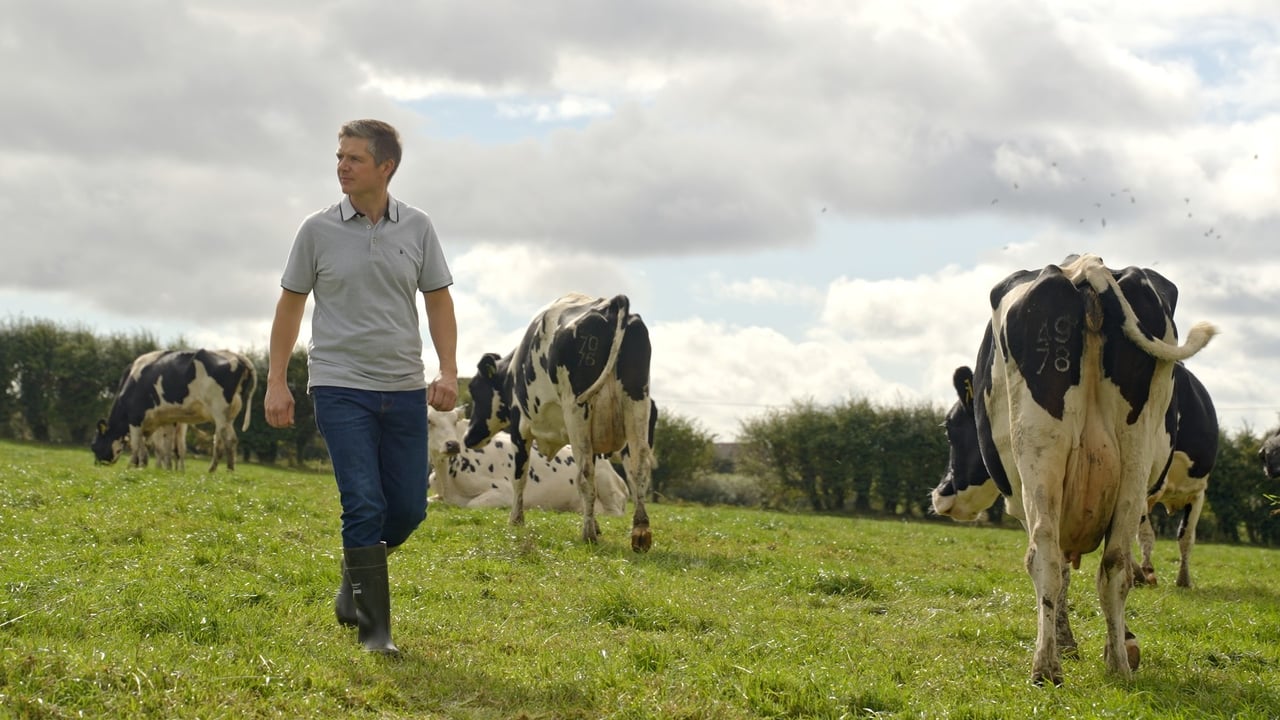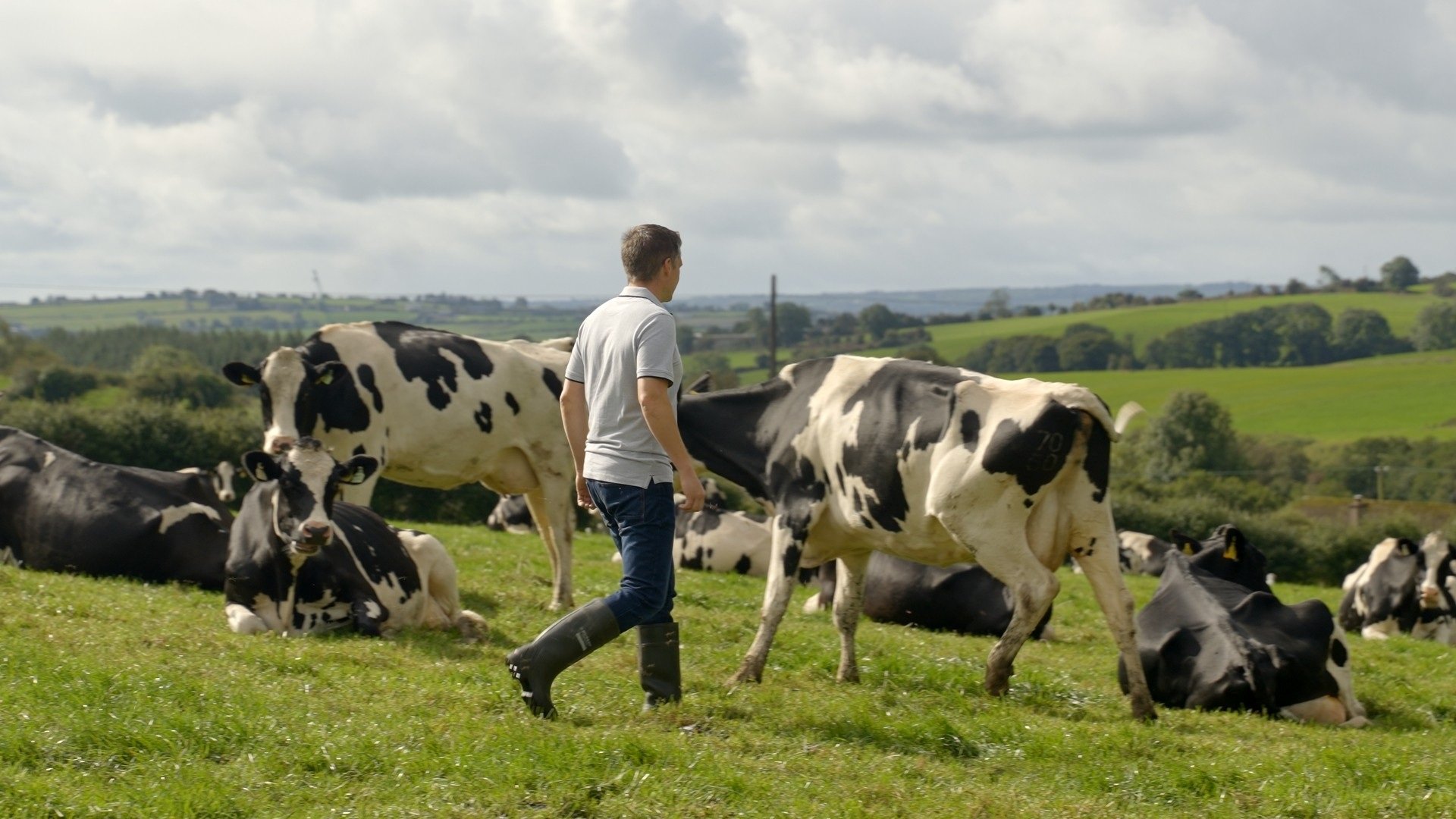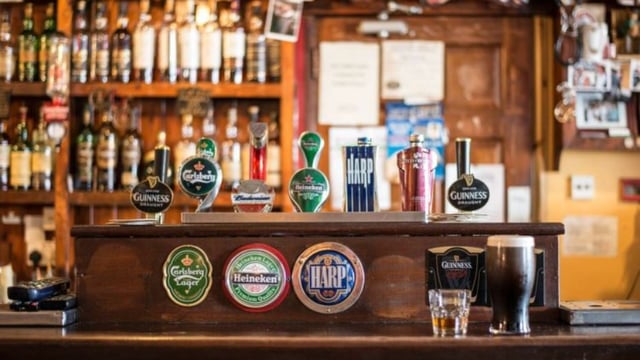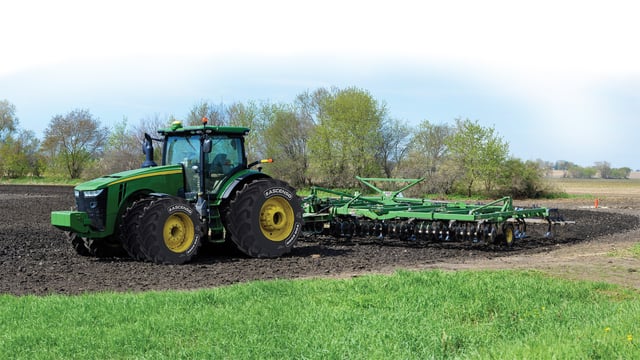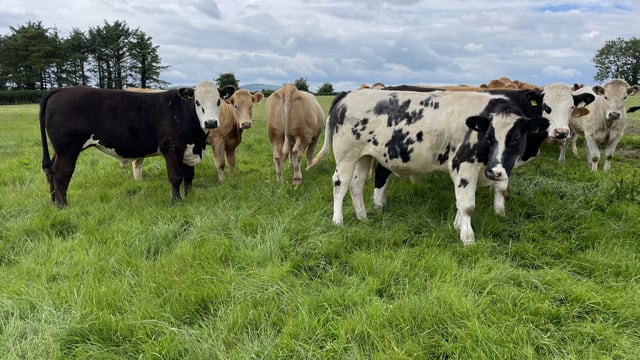Sponsored Article
Genotyping lessons from Lisduff Herd as NGP deadline approaches
Sponsored Article

Hailing from Whitechurch, Co. Cork, dairy farmer Victor O’Sullivan operates a substantial dairy enterprise under the Lisduff Herd prefix, alongside his brother John and parents John and Theresa.
The family milks 450 pedigree Holstein Friesian cows across two locations about six miles apart - at Whitechurch and just outside Blarney.
The O’Sullivans run a split-calving system: two-thirds calving in spring and one-third in autumn. This ensures consistent milk production throughout the year and secures supply for their winter milk contract with Dairygold Co-op.
Breeding focus
The Lisduff Herd is centred on pedigree Holstein Friesian breeding, with all animals registered through the Irish Holstein Friesian Association (IHFA).
A strong emphasis is placed on high-production genetics. The breeding programme is based entirely on artificial insemination (AI), which has steadily pushed herd progress. The herd’s Economic Breeding Index (EBI) now stands at €188, with continuous improvements year-on-year.
According to Victor: “The main focus of the farm is commercial milk production. The focus is on producing a lot of kilos of solids per cow at high constituents and a healthy cow in order to facilitate that.”
The farm also has a thriving trade in surplus stock.
“We sell approximately 200 heifers every year, a mix of milking heifers and some in-calf heifers," Victor said.
"That’s also one of the main focuses of the farm – to breed an all-round balanced heifer that farmers want to buy.”
Joining the National Genotyping Programme
The O’Sullivan family were early adopters of the National Genotyping Programme (NGP), introduced in 2023.
Having already been genotyping stock for several years, Victor saw the programme as a natural progression.
NGP allows for the genotyping of all calves at birth at a much lower cost, improving herd records, accuracy, and management efficiency.
Victor said: “We started genotyping quite a number of years ago. The focus was to get the more reliable information on the stock we were breeding.”
Previously, breeding decisions were made based on parent averages and cow performance alone. Genotyping now provides reliable predictions for each calf’s potential.
“By having a genotype, we have a more reliable prediction on how that animal is going to perform once they join the milking herd.
"That, coupled with sexed semen, is giving us great options as to how we want to breed our animals," Victor explained.
Another benefit of the NGP is parentage correction before the passport is issued.
The Co. Cork farmer said: “Sometimes there is a mix-up for what calf is out of what dam. But thanks to genotyping we have that corrected within a couple of days.
"You know that all your information that you have on those animals from the parentage, the dam, the sire point of view, it’s all correct.”
Results on the ground
In 2025 so far, the Lisduff herd has genotyped 270 calves at birth, with an average lab turnaround of 3.5 days. From birth to passport issue, the process now averages just 10.5 days - a big advantage for herds selling calves at a young age.
652 calves were genotyped on the farm in 2024, with an average turnaround of 4.5 days. Year-on-year improvements are steadily reducing waiting times.
As the Lisduff herd is pedigree registered, accurate parentage verification is critical. NGP ensures that all passports and pedigree certificates are correct from the outset.
This is especially important for embryo transfer (ET) work, where accuracy is essential. Typically, they flush 10 animals per year.
“Three years ago, we had five bulls and five heifers born from the one flush,"Victor said.
"They all had the same parent average EBIs but when we got the genomics back, their EBIs ranged from €224 to €347.”
One of those bulls went into AI, with the others sold as high-value breeding bulls.
The family also hosts an annual heifer sale on the first Saturday in October, offering freshly calved autumn heifers and in-calf spring heifers – all bred from top-end cows and served to sexed semen.
“We would breed them from the very best of our herd. That genomic information provides us with the more accurate information in knowing how to breed them.
"It’s important for us that we have satisfied customers," Victor added
The herd’s reputation is well-established, with several bulls already sold to AI stations, including Lisduff Napoleon ET (FR9881) and Lisduff Perception (FR6139).
Wider benefits of NGP
Beyond parentage verification, NGP now reports on myostatin and polled genes, as well as lethal recessive genes such as Holstein Haplotype 1 (HH1) and Haplotype 3 (HH3).
Identifying carriers helps these Holstein haplotypes helps avoid fertility problems caused by embryo loss.
These checks are also being built into the Sire Advice system, giving farmers additional protection when planning matings.
Looking ahead, the information available through the programme is expected to expand further - offering coat colour insights (e.g., for breeding red and white Holsteins) and genomic inbreeding checks for better herd diversity management.
Last chance to apply!
Applications for new herds to join the National Genotyping Programme close on September 19.
More details – including how to apply – are available at www.icbf.com or by calling 023 8820452.
Sponsored Article


